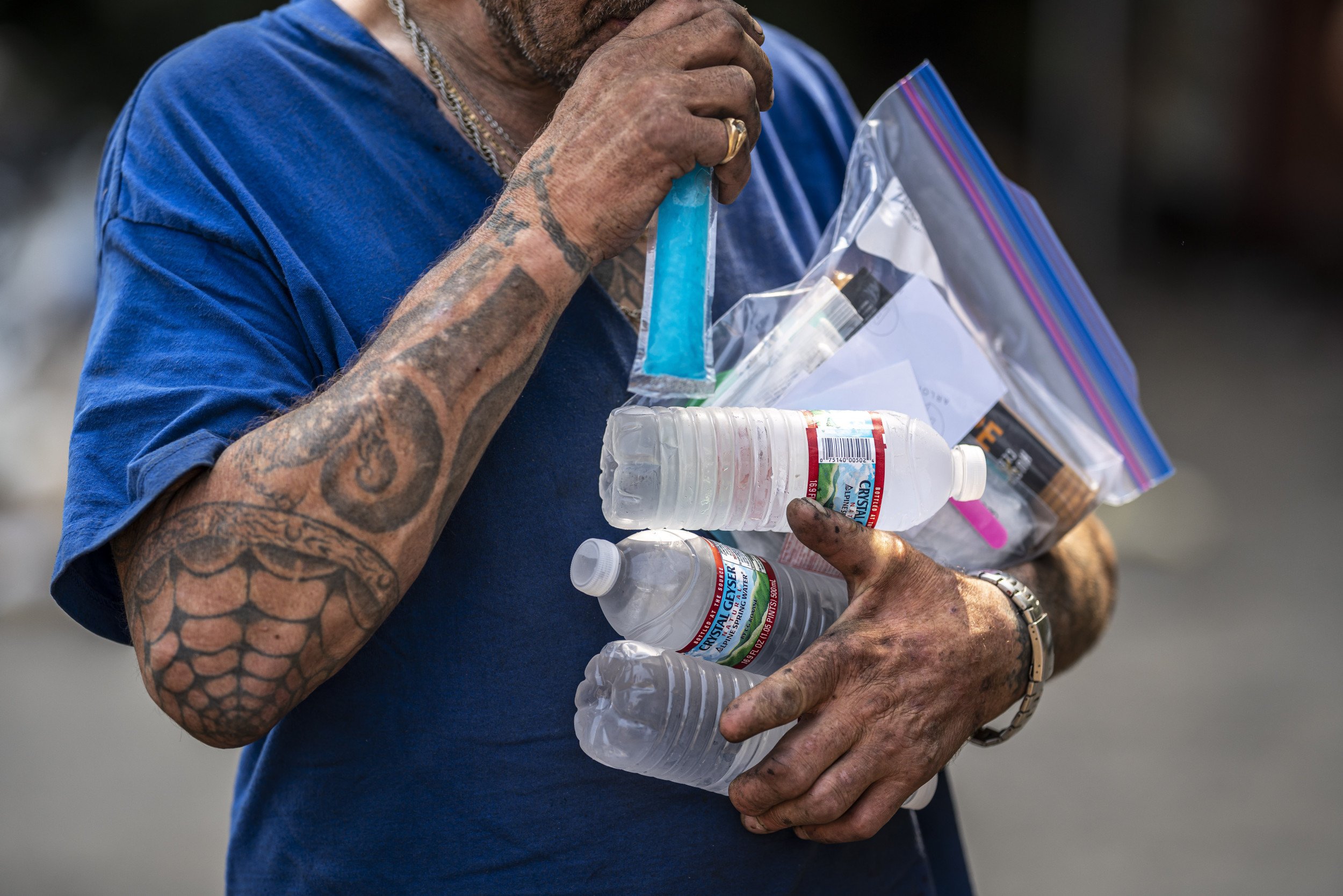The United States is cooking under a prolonged heat wave, with 28 states issuing high temperature warnings and with most Americans exposed to temperatures above 90 degrees.
It is a stark fact in itself, but above all a sign of things to come as the planet warms due to climate change. “We will see worse things in the future simply because climate change will continue to make the planet warmer and warmer,” said Jonathan Overpeck, a climatologist and dean of the University of Michigan School of Environment and Sustainability.
In recent days, temperatures across much of the country have reached triple digits.
In Texas, record temperatures reached 115 degrees F (46 C) in Wichita Falls, with 110 F (43 C) in other cities in the state and Oklahoma.
Newark, New Jersey, also hit a new record high of 102 degrees F (38 C), with the temperature recorded at the city’s airport topping 100 for five days in a row.
Boston also reached 100 F (37.7 C) degrees on Sunday. The heat has been deadly in multiple places.
One person died from heat exposure in New York City on Saturday, while Dallas County, Texas, also reported a heat-related death last week.
Maricopa County, Arizona, confirmed 12 heat-related deaths between July 10 and July 16, though it’s unclear whether the deaths actually occurred on those days or were simply added to the state’s existing totals during that reporting period. weather.

As of last week, Tulsa Emergency Medical Services had responded to 85 heat-related emergencies, which can include heat exhaustion or stroke. Sixty of those people were hospitalized.
According to the Centers for Disease Control and Prevention, 600 people die in the United States each year due to extreme heat, although other studies place the figure much higher.
A 2020 study looking at counties representing about 62% of the population found that in those alone there were an average of 5,608 heat-attributed deaths each year between 1997 and 2006.
Chris Uejio, a professor at Florida State University, said heat can have a negative impact on the cardiovascular and respiratory systems, as well as the kidneys, and research is emerging on its effects on mental health and motion sickness.
“People at higher risk generally include the elderly, people with pre-existing conditions, pregnant women, infants and young children, the homeless, and those who cannot afford air conditioning,” he said.
“The general consensus is that climate change in general would result in more frequent heat waves across the country,” said Marc Chenard, a meteorologist with the National Weather Service. “It’s pretty unequivocal at this point that humans are playing a role in making heat waves more frequent, hotter and longer, all other things being equal.”






